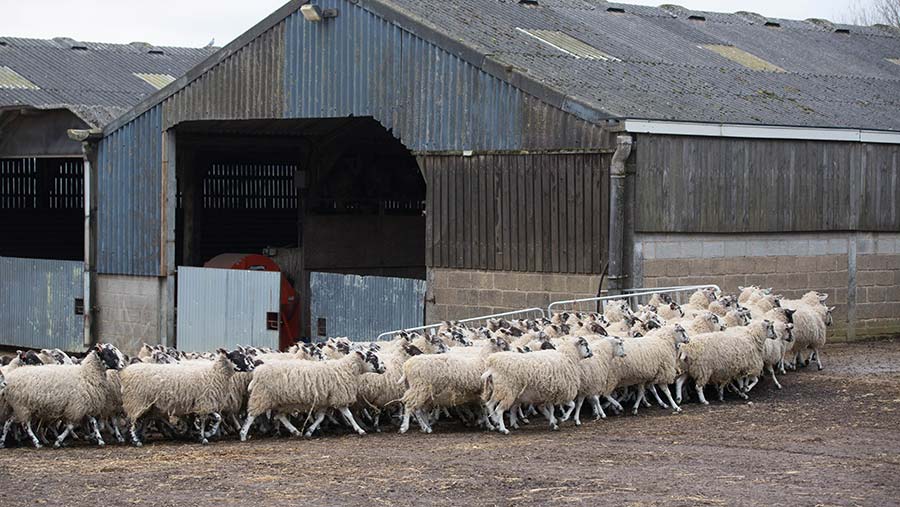How to operate farming arrangements and avoid tax pitfalls
 © Tim Scrivener
© Tim Scrivener There are tax pitfalls if contract farming and other agreements are not properly structured and managed.
Farms and estates that have set up contract farming, share farming and grazing agreements should review them, said Tom Heathcote, head of Knight Frank’s agri-consultancy team.
The warning follows chancellor of the exchequer Jeremy Hunt’s autumn statement, which included extra resources for HMRC to target complicated tax-planning structures aimed at mitigating tax liabilities.
See also: Contract farming agreements need new approach in light of BPS phase out
Agricultural Property Relief (APR) and Business Property Relief (BPR) are widely and legitimately used by land-owning families to enable farms and estates to be passed on to the next generation without paying inheritance tax.
However, property assets such as buy-to-let residential portfolios or tenanted agricultural land generally do not qualify for BPR or 100% APR because they are considered to be investments, not business assets.
This means many landowners who do not farm their land themselves, for whatever reason, use contract farming and share farming arrangements, instead of traditional rental agreements, to protect their inheritance tax reliefs.
When structured correctly, such arrangements are entirely legitimate, but not all of them are robust enough to satisfy HMRC, warns Mr Heathcote.
“HMRC has always been on the lookout for sham agreements that are basically tenancies by another name, and these extra resources will enable them to scrutinise more inheritance tax claims in greater detail,” he said.
“The crucial aspect to get right is that the landowner and the entity doing the actual farming have to share some of the business risk associated with growing a crop or rearing livestock. That means genuinely splitting input costs and profits, not just swapping cheques.”
